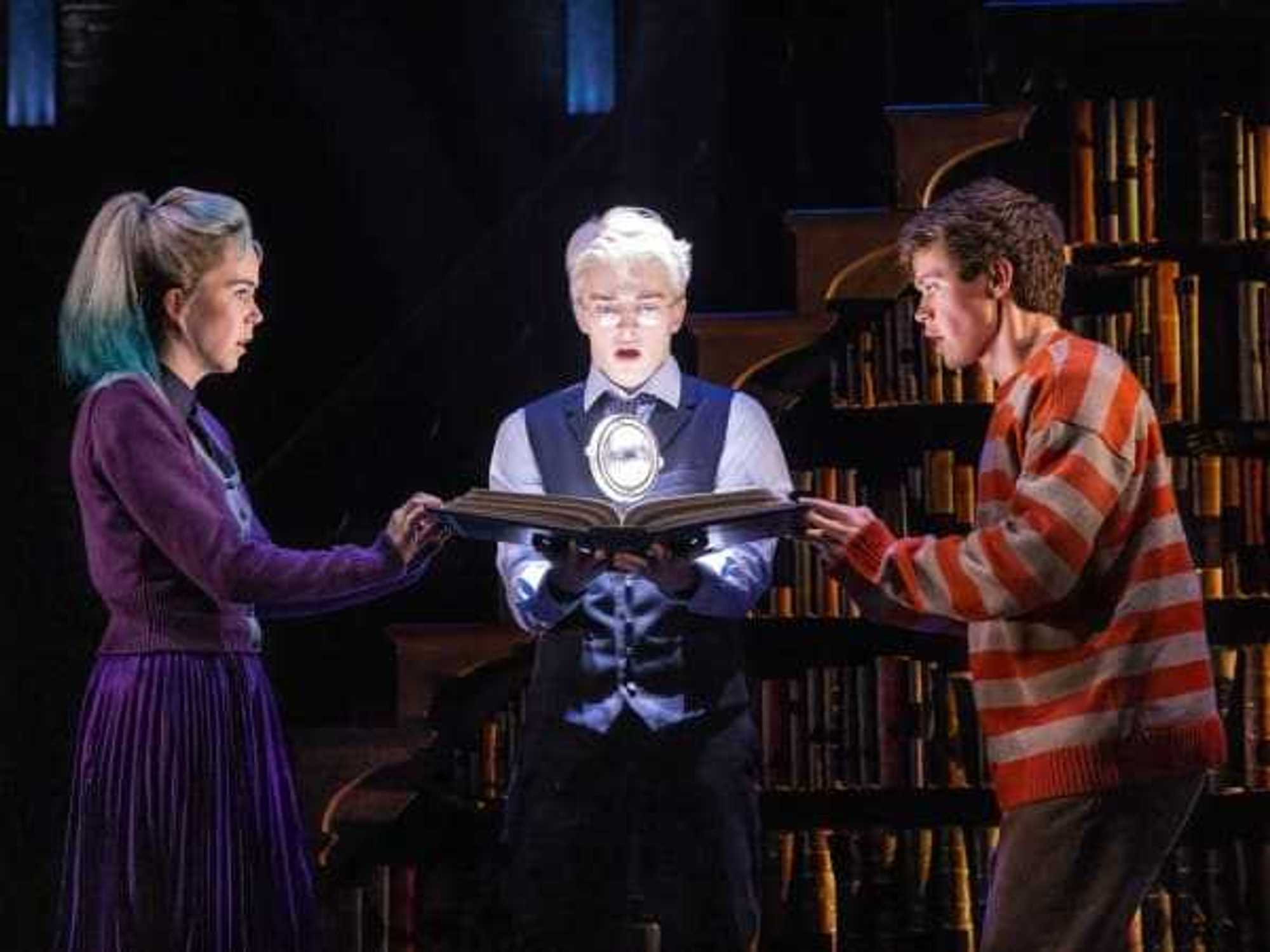Sadder Math
New survey shows the devastating impact COVID-19 has on Dallas arts and culture

Nearly two months after a trio of Dallas arts advocacy organizations conducted a survey to see how much the COVID-19 pandemic has affected the Dallas nonprofit arts and culture community, they're back with another one — and the results are staggering.
The latest survey shows that coronavirus losses have doubled to $67.77 million, with 1,219 jobs lost since the March 13 shutdown.
That is $34.12 million — more than double the $33.65 million in losses reported in the first survey period through May 31. Some of the increase is due to the larger number of participating organizations (91 compared to the original 57), but 86 percent of that increase was from the 52 groups who participated in both surveys, and $29.5 million in just the past two months.
"All of these organizations are just struggling to hold on," said Terry D. Loftis, TACA president and executive director, in a release. So far, TACA has distributed $592,500 in emergency COVID relief grants to 70 groups. "The philanthropic community is certainly working to step up and help, but these losses are staggering. And given the rate they are growing, we've got a huge challenge to overcome."
This second survey was once again conducted by the Arts Community Alliance (TACA), Dallas Arts District (DAD), and Dallas Area Cultural Advocacy Coalition (DACAC).
While many businesses in Dallas have reopened, capacity limits and social distancing have kept arts and cultural organizations from resuming live, in-person experiences. This has meant canceling or postponing thousands of programs, performances, and classes.
Survey results show more than 2,155,000 in lost or deferred attendance, and the revenue losses show the 91 organizations have lost, on average, 25 percent of their budgets since March 13.
The human toll is climbing, as well; 1,219 people have been furloughed or laid off through July 31, up from 649 at the end of May. Full-time staff members made up 189 of these, while 1,030 were part-time.
These new job losses had been anticipated as funds from the forgivable Payroll Protection Program loans under the federal CARES Act began running out in June and July. These funds had allowed organizations to keep paying employees for two months. Fifty groups said their loans had expired, forcing cuts in their workforce.
Some of those remaining staff members also saw their pay get cut. At least a third of the groups have implemented salary reductions to reduce expenses.
"It's really pretty simple. Everyone is trying to find enough cash so we can live to fight another day," says Joanna St. Angelo, president of the grassroots arts advocacy group DACAC. "We are turning to donors, patrons, foundations, and corporations. Perhaps the federal government will include the arts in another stimulus package, or maybe the city can find just a little bit more. We are checking under every couch cushion to see what we can find."
The groups participating in the survey reflect the vibrant diversity of the Dallas arts community today: dance, theater, music, visual arts, performing arts centers, literary arts, and more. Some are based downtown and in the Dallas Arts District, but many more are located throughout the city. They include the city's historic institutions and new and emerging groups, with 24 identifying as ALAANA (African, Latinx, Asian, Arab, Native American) and seven that focus on LGBTQ experiences.
Of the 91 organizations, 52 participated in both surveys and 34 new organizations participated for the first time. Five completed the first survey only but their losses are included in the total.
Despite the daunting numbers, the survey indicates some optimism for reopening soon. Of the respondents, 38 percent have plans to safely reopen by the end of the year while 42 percent say they are targeting the first two quarters of 2021.
"This community is creative and resilient, two things that are critical to surviving a crisis like this," says Lily Weiss, executive director of the Dallas Arts District, in a release. "I'm convinced we will find ways to get back in front of our audiences and out into the community — and do it safely.
"The arts will play an important role in the recovery of our economy and healing of our community, and I'm optimistic Dallas will find the resources to help us do that. There's too much at stake."
